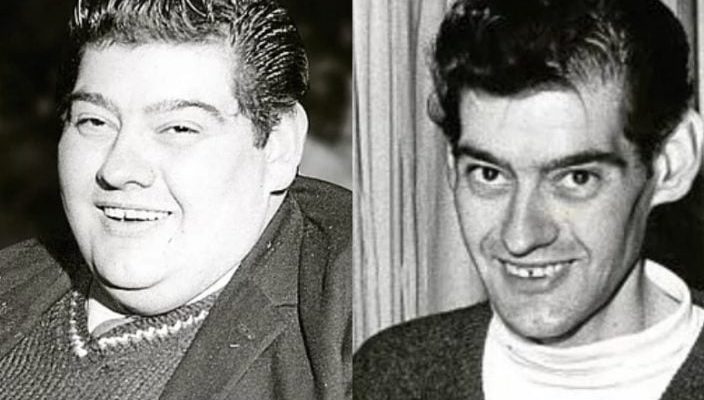We can all get a bit hungry if it has been hours since we last ate. But spare a thought for how hungry Angus Barbieri must have been after he went 382 days without eating.
That’s not a typo. In 1965, 27-year-old Angus really did fast for one year and 17 days. He ate no food at all, and lost 125 kilograms (19.7 stone).
Angus was reportedly sick of being obese, and checked into the University Department of Medicine at the Royal Infirmary of Dundee weighing 207kg (32.5 stone). He told hospital staff he was ready to cut out food together, so doctors happily agreed to monitor his progress.
Angus’s doctors didn’t really expect the fast to last long. But they thought a short fast would help him to lose some weight. To compensate for his lack of nutrients, he was prescribed multivitamins to take regularly, including potassium and sodium, as well as yeast.
As days turned to weeks, Angus’s persistence increased. The Scot wanted to reach his reported “ideal weight” of 180 pounds (12.8 stone), so he kept going, much to his doctors’ surprise.
Angus would attend hospital visits frequently and often stay overnight. He received regular blood tests, all of which revealed his body was, remarkably, functioning just fine.
As weeks turned into months, he compensated for his lack of food by drinking more black tea, black coffee and sparking water, of which all are calorie-free.
His body began to adapt to the lack of food by burning its own fat stores for energy.
For the last eight months, Angus’s blood glucose levels were consistently very low, around 2 mmol/l, but the Scot did not suffer any adverse effects as a result.
In the final few months he began to have a pinch of sugar or milk in his tea and coffee.
For those wondering, he ‘went to the toilet’ every 40-50 days.
Angus eventually called it quits after 382 days, having finally reached his dream weight of 180 pounds.
According to a Chicago Tribune report, he had forgotten the taste of food before his first meal after the fast. He ate a boiled egg with a slice of bread and butter for his first breakfast, telling reporters: “I thoroly [sic] enjoyed my egg and I feel very full.”
Five years later, Angus remained at a comfortable weight, weighing 196 pounds.
Don’t try this at home
This is an incredibly unusual case, and one of the most extreme examples of a starvation diet ever recorded.
Because Angus was extremely overweight, his body was more prepared for a fast and to burn fat. But once the body has burned through its fat stores, it needs energy from food to function properly.
For people of a normal weight, fasting for long periods can cause health complications, including increased strain on the heart, even with nutritional supplementation.
Therefore, fasts of this length should not be attempted by anybody. They are from a time in the 1960s where long-term fasts were being studied with frequency, but there are other studies from this time where patients experienced heart failure and in some cases died of starvation.
However, people with and without diabetes can experience benefits from fasting. Intermittent fasting, in particular, has shown to help the body repair damage without entering starvation, enabling an array of benefits, namely weight loss and reduced insulin resistance. Last year, American scientists revealed that short-term fasting also has health benefits for the heart.
Fasting is not something that by done without great consideration though, and you should always consult your doctor before making a major dietary change.



